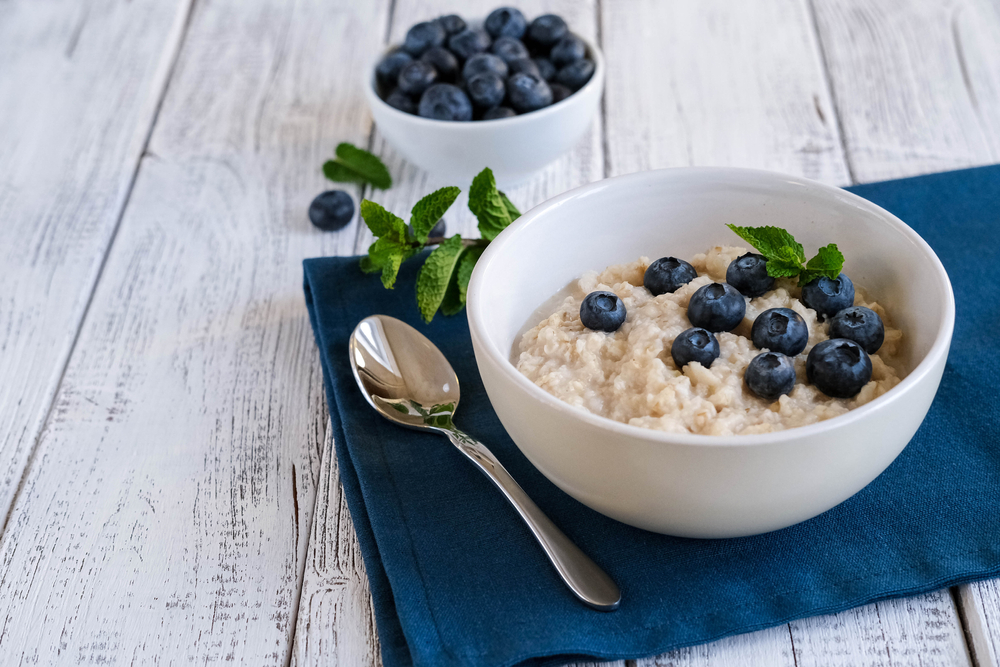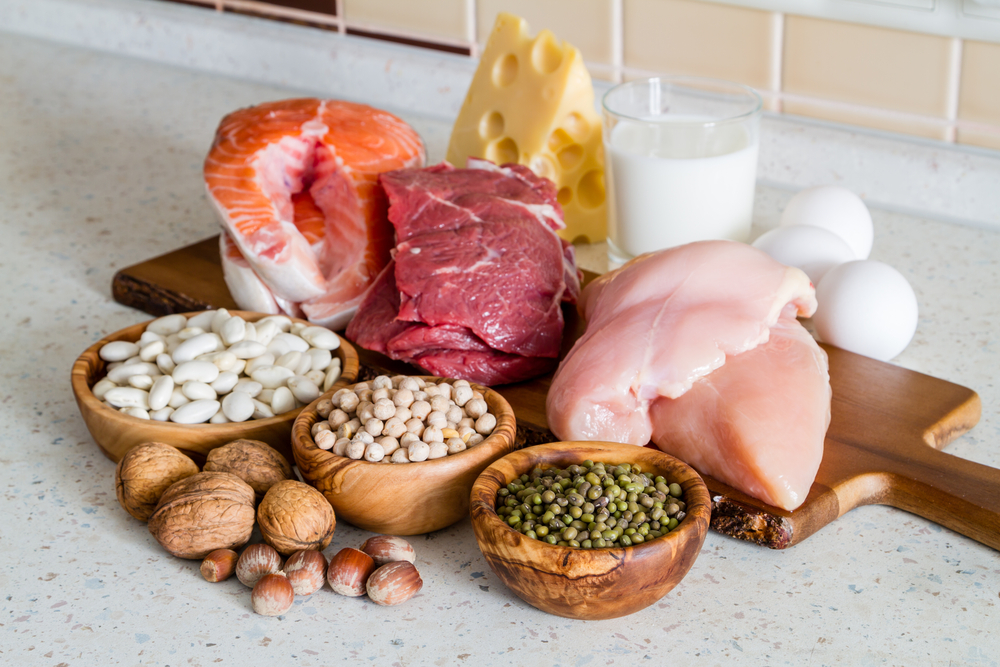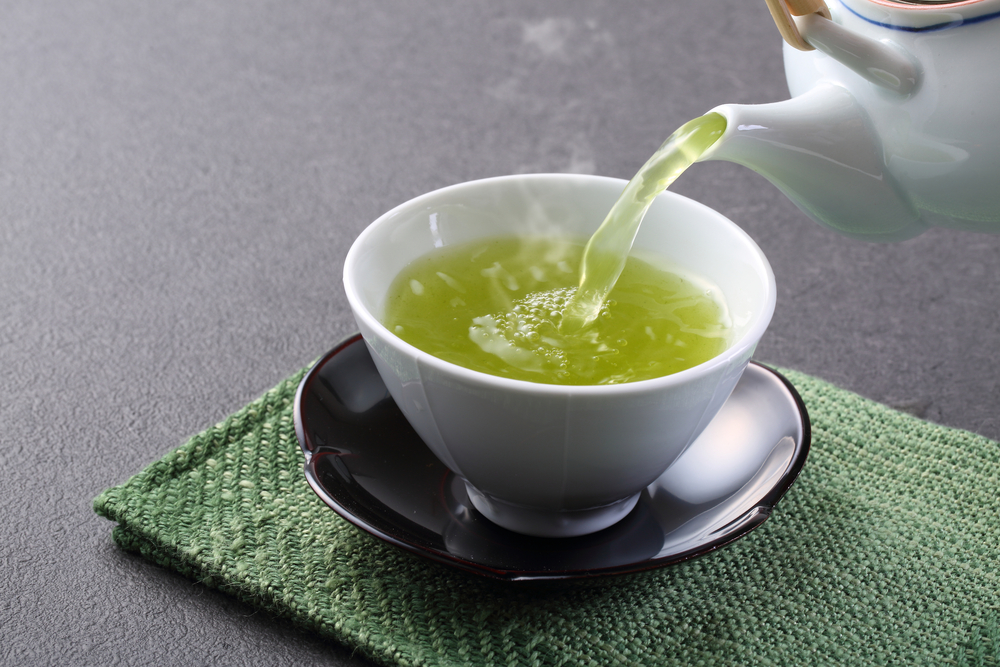“ After many years of erratic periods and unexplained weight gain, I have finally been diagnosed with polycystic ovarian syndrome (PCOS). The doctor wants to put me on the contraceptive pill, but my husband and I would like to try for a baby very soon. How can I help myself nutritionally? I’m 35 years of age.”
Clinical Nutritionist, Suzie Sawyer, answers.
Many thanks for your question which will be of interest to many ladies. This is, unfortunately not an uncommon condition. Thankfully, we now understand much more about it.
The main issues
Essentially, there are two issues that need to be controlled in cases of PCOS: the ovaries are unable to produce the hormones they should, and the body becomes insulin resistant (poor blood sugar balance), which is the root cause of being unable to control your weight. Coupled with that, levels of male hormones are higher, hence the reason many women grow lots of hair on their bodies. The good news is that nutritional intervention can be incredibly effective.
Managing blood sugar levels

Firstly, it’s essential to get blood sugar levels under control. This means avoiding all refined carbohydrates if possible and eating whole grain brown rice, oats, buckwheat, fruit, rye, wholemeal bread, vegetables and quinoa. These foods are all high in fibre too which also balances blood sugar and keeps the digestion running smoothly (key for PCOS). And if you’re eating some porridge or overnight oats for breakfast, then add some delicious cinnamon, as this also helps to balance blood sugar.
Eat enough protein

It’s important to eat carbohydrates with quality protein with every meal or snack, from beans, poultry, oats, eggs, dairy, fish, meat, and nuts and seeds. It’s also important not to graze too much but instead focus on definite mealtimes, trying to avoid snacking in-between if possible.
Support your liver

Also key for combatting PCOS is to get the liver functioning well, as this detoxifies oestrogen and helps balance hormones generally. The liver loves cruciferous vegetables – cauliflower, broccoli, cabbage, kale, and Brussels sprouts – so do try to eat at least one of these every day if possible. Additionally, green tea and nettle tea are great for the liver.
Managing stress

When dealing with any hormonal imbalance, we need to look at the hormone system in its entirety. Inextricably linked to oestrogen, progesterone, testosterone, and other hormones is cortisol, the stress hormone. Essentially, if we’re stressed this can upset not only blood sugar balance but production of other hormones too.
If this sounds like you, then try to include some stress busting techniques such as deep breathing, yoga, warm baths with Epsom salts, or listening to mediation apps. Find whatever works for you. Also cut out or significantly reduce caffeine and alcohol intake, neither of which are your friends when it comes to hormone balance.
Increase intake of Omega-3s

Lastly, the omega-3 fats, found in oily fish, flaxseeds, walnuts, and pumpkin seeds are termed ‘essential’ because the body can’t make them. These healthy fats can help control the insulin response, and other hormones too.
Making such a range of dietary changes does require some focus but the rewards are there for sure, and hopefully once your hormones are in better balance, periods will become more regular, and you’ll be able to fall pregnant naturally.























Add comment